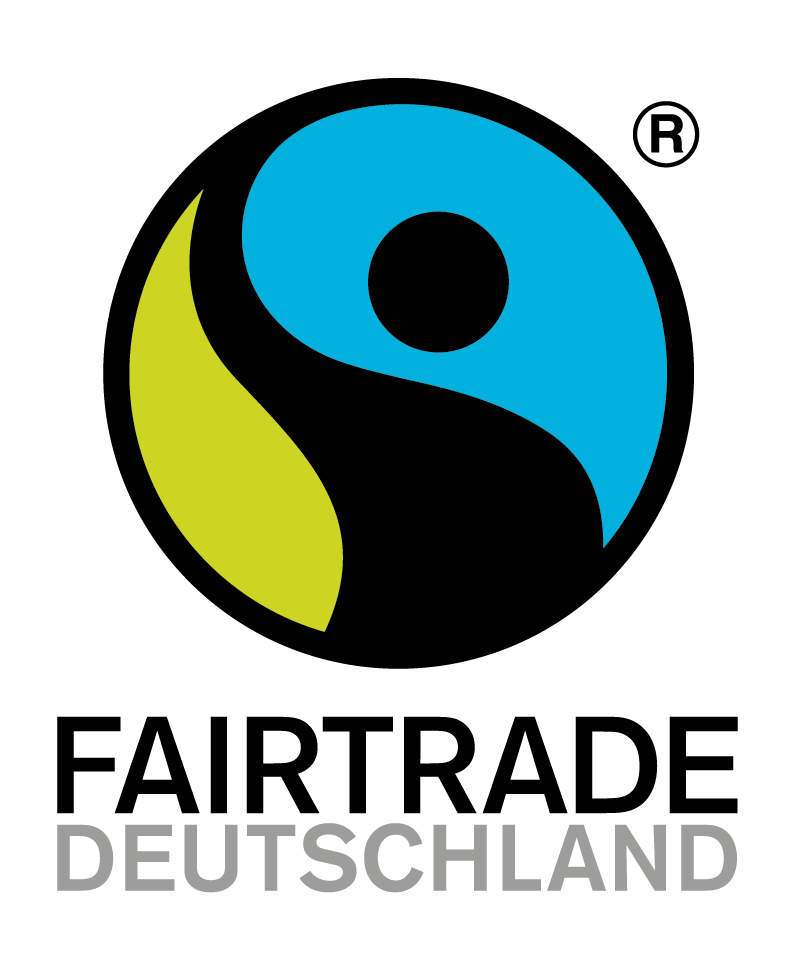Aims of the Fairtrade Standards
The Fairtrade Standards aim to provide a structure for sustainable agricultural production, protect workers’ rights, and distribute power in trade relations more equally between producers and buyers.
Key objectives
- Articulate social, economic and environmental obligations throughout Fairtrade supply chains, from farmers to traders to manufacturers of finished products.
- Set minimum prices for commodities that are based on farmers’ average costs of sustainable production.
- Provide an additional Fairtrade Premium which can be invested in business or community projects chosen democratically by farmers and workers themselves.
- Facilitate long-term trading partnerships between producers and their buyers, and enable greater producer control over the trading process.
- Incorporate human rights and environmental due diligence, including requiring risk assessments, policies, and remediation work, with the support of everyone in the supply chain.
- Align Fairtrade with key sustainability legislation, so producers and traders meet or exceed legal requirements, and gain the economic benefits of Fairtrade for doing so.
Progress, not perfection
Fairtrade Standards distinguish between
- core requirements, which producers must meet to become and remain certified,
- and development requirements, which encourage producers to continuously improve and to invest in the development of their organisations, businesses, and communities.
Shared principles
-
Social development
-
Economic development
-
Environmental development
-
Protection of human rights
Tailored principles for different producer groups
-
Small-scale producer organisations
-
Hired labour organisations

.jpg)
.png)